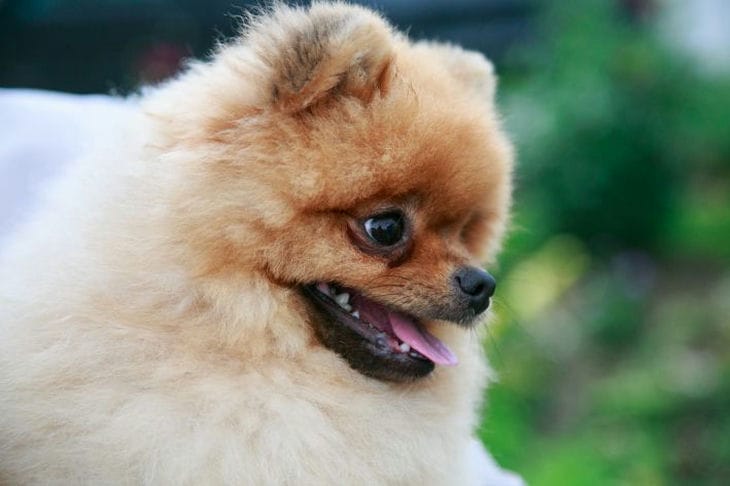Why Are Small Dogs So Aggressive: 5 Reasons
Small dogs are often perceived as gentle and playful creatures, but sometimes their behavior can be unexpectedly aggressive.
We will try to understand the reasons for this behavior by exploring various factors, from genetics to upbringing and environment.
Evolution
The thing about small dogs like Chihuahuas is that they can't do nearly as much damage as larger dogs like Rottweilers.
So while people have made efforts to breed out aggressive behavior in large dogs, they have not done so with small breeds because they are not seen as a threat to people.
Small dogs may simply not have evolved to be less aggressive like many larger breeds, which is why the prevalence of aggression in small dogs may seem more noticeable today.

Growth factor genes
The study suggests that there may be a correlation between aggressive behavior and growth factor genes that are responsible for a dog being small.
It turns out that these genes are linked to things like anxiety, social fear, sensitivity to touch, and owner-directed aggression.
This does not mean that all small dogs are aggressive because of their genes, but these genes may play a role in aggression in certain dogs.
Self-defense
It is no secret that small dogs are more easily injured in fights than large dogs. This is coupled with the fact that most creatures in life are larger than dogs, such as Chihuahuas, Pomeranians, and Dachshunds.
It is not surprising that small dogs may feel the need to become aggressive as a form of self-defense.
When a large dog sees a child running towards them to play, they may not perceive it as a big threat. However, when the same situation happens to a small dog, they may feel threatened and try to defend themselves.
Lack of socialization
If dogs don't have the opportunity to socialize with other animals and people, there's always a chance that they'll become socially aggressive as they get older. This is especially true for small dogs.
Small dogs can easily be carried in a bag instead of being allowed to walk on a leash and interact with other dogs.
People also avoid walking them in parks for fear of being attacked by larger dogs. Such incidents can lead to less socialization and more aggression.
Owner's behavior
Small dogs are generally treated differently than larger dogs.
People usually ignore minor aggressive behavior in small dogs, while owners of large dogs do not allow their pets to behave in this way with impunity.
Some small dogs lack training and tend to get away with things that larger dogs can't, such as lounging on the couch.
The truth is that small dogs need the same training, supervision, and behavior correction as larger dogs.
Previously, we wrote about what bones should never be given to a dog.
